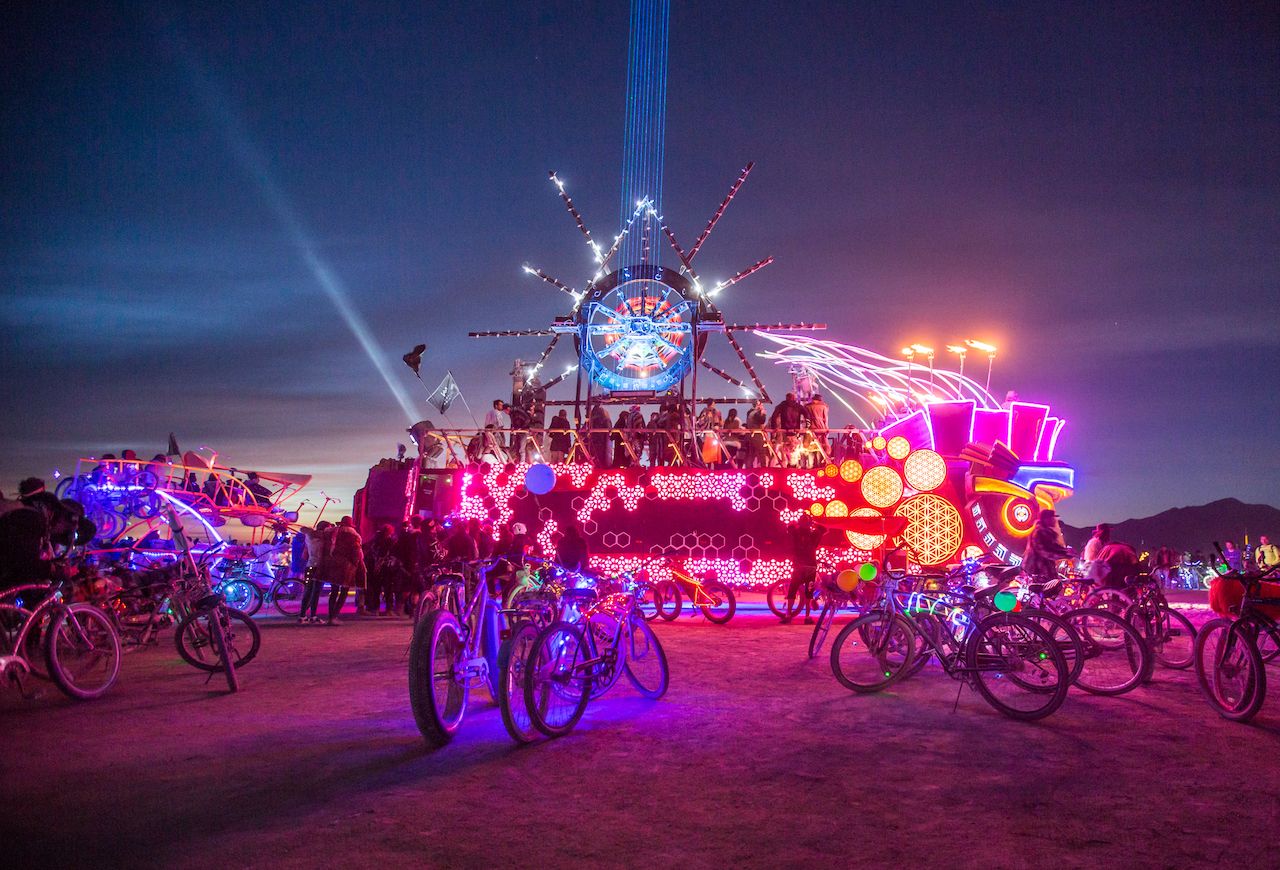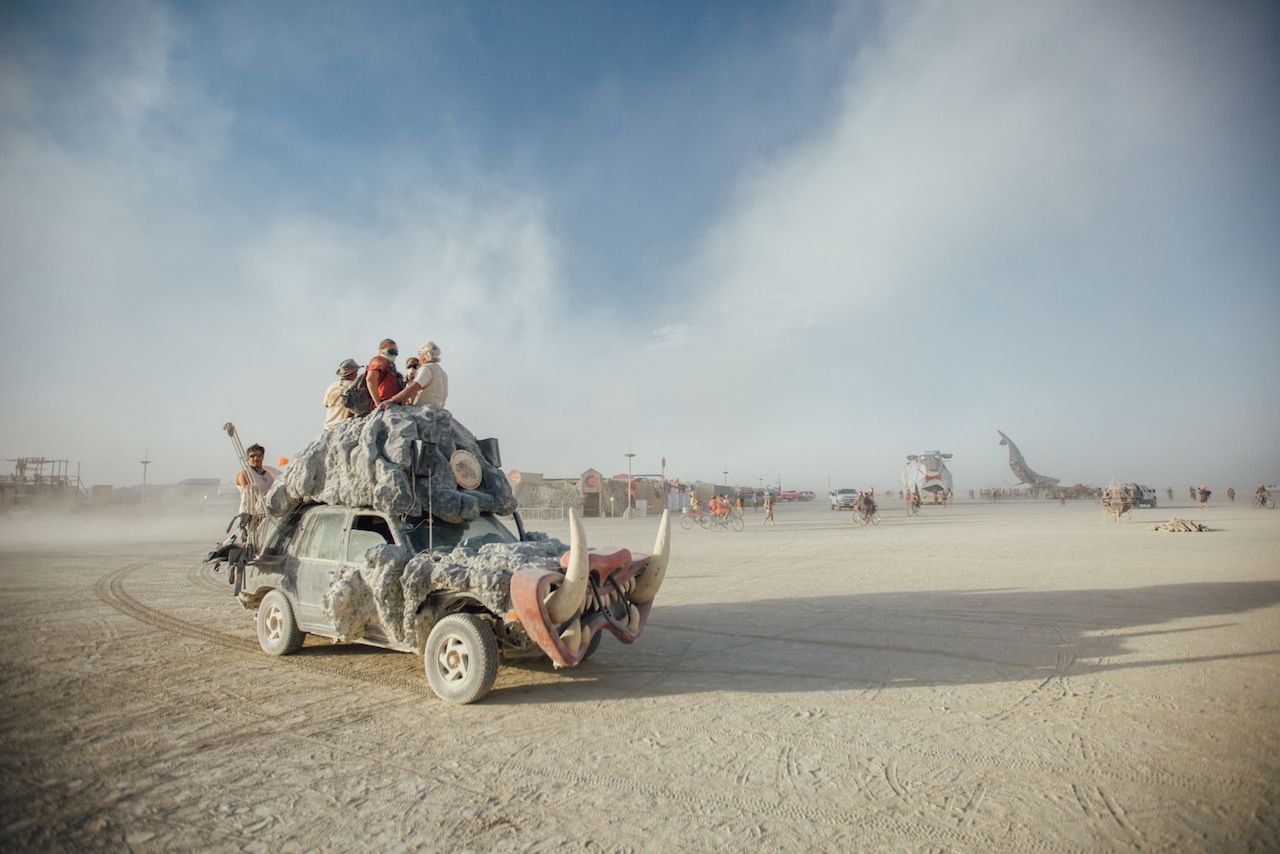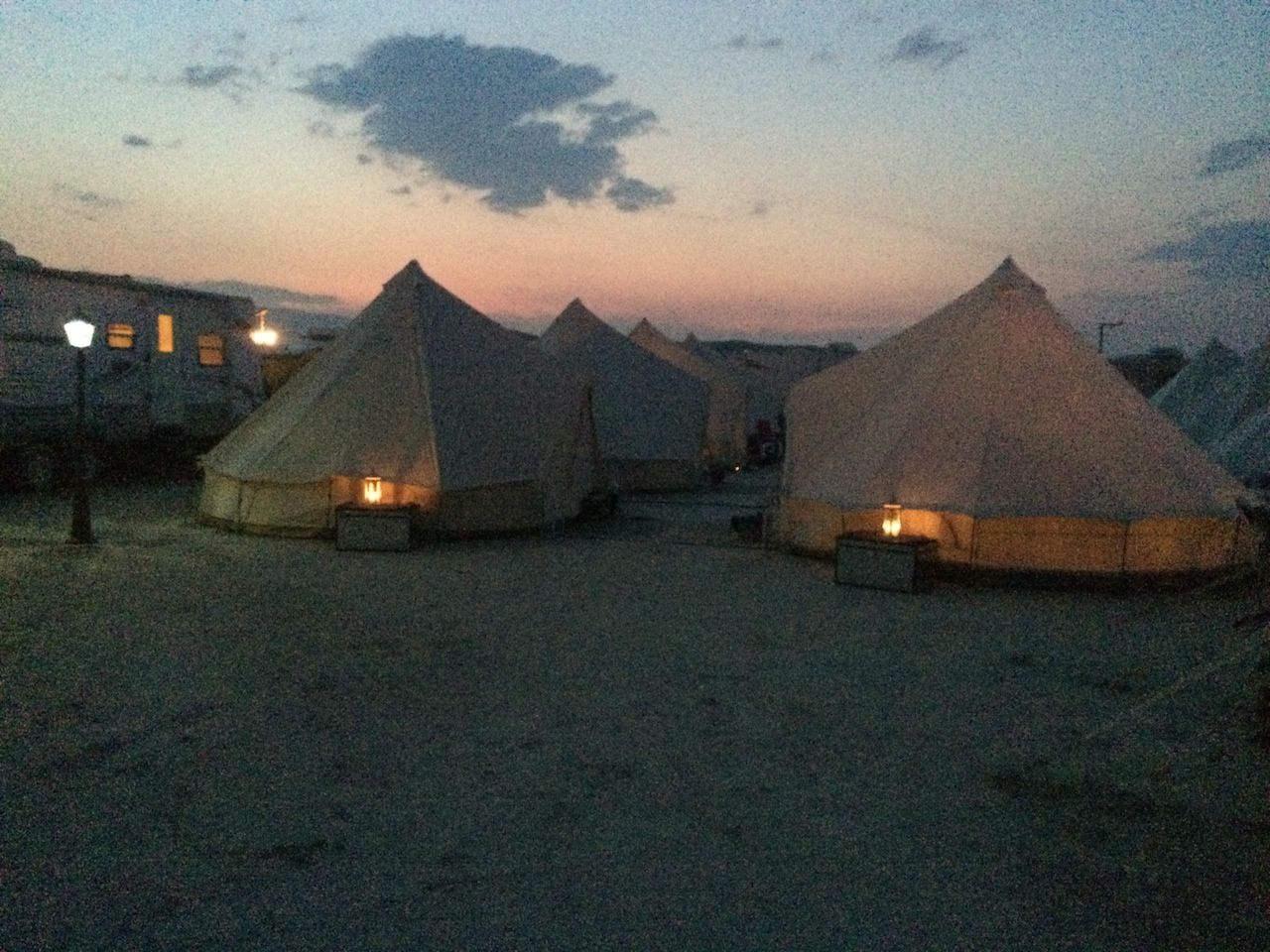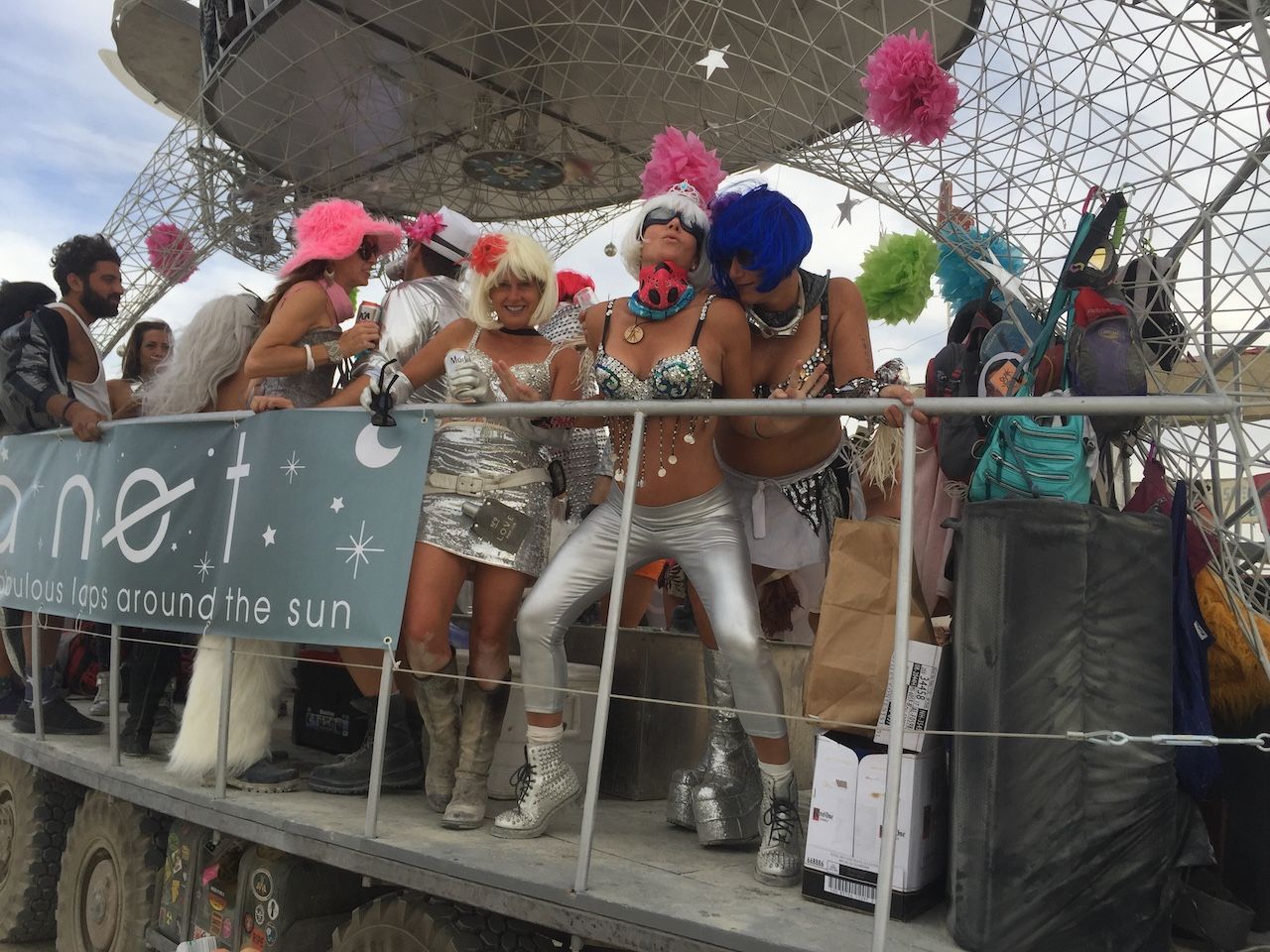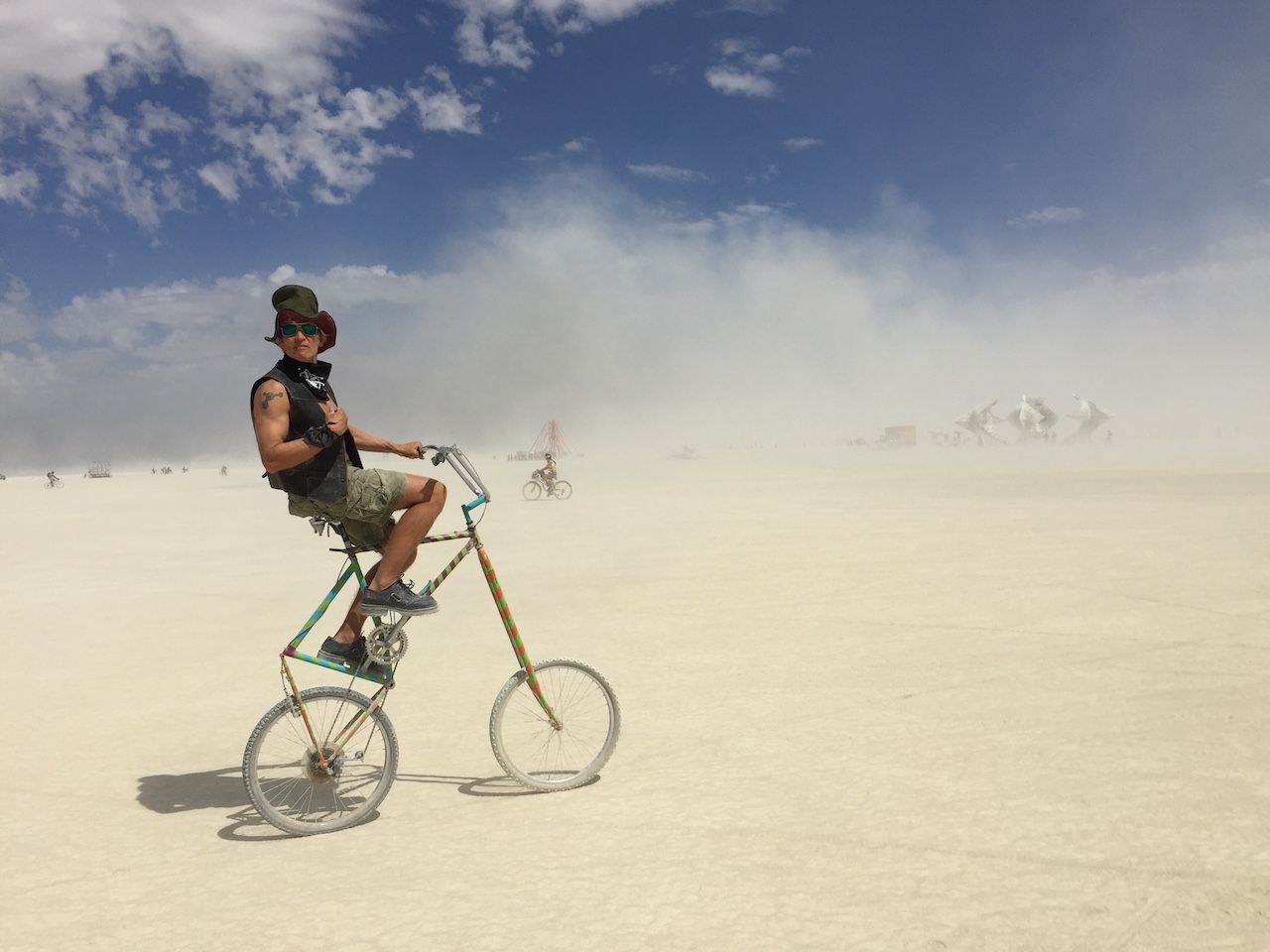Burning Man is happening through September 3 in the Nevada desert. As always, it’s dusty, weird, and uncomfortable. It’s also joyous, embracing, and transformative. You don’t really get the latter without the former. Burning Man is about participating, giving back, and rejecting (even if only for a few days) the commercialization that permeates modern society.
Those lofty goals are hard to maintain.
In February of 2019, Burning Man CEO Marion Goodell expressed her concern about an erosion of Burning Man’s core values — among them inclusion, self-reliance, gifting, and communal effort — calling instead for a “Cultural Course Correction.”

